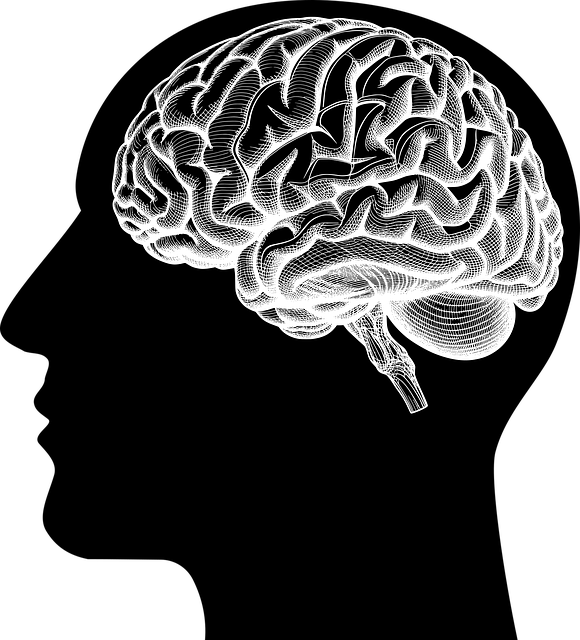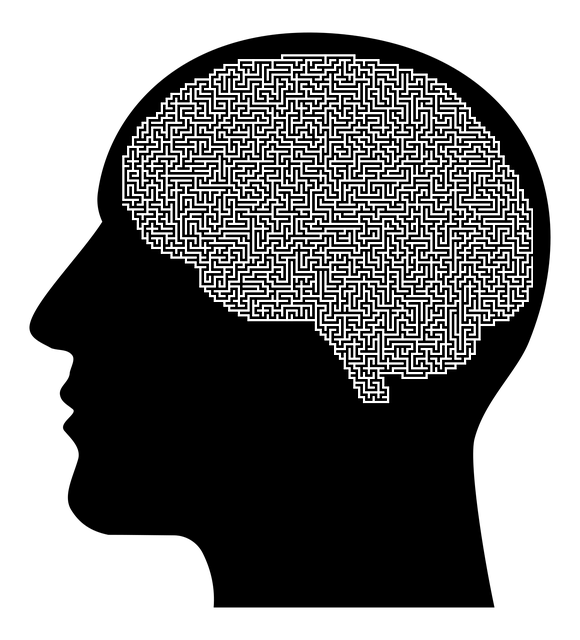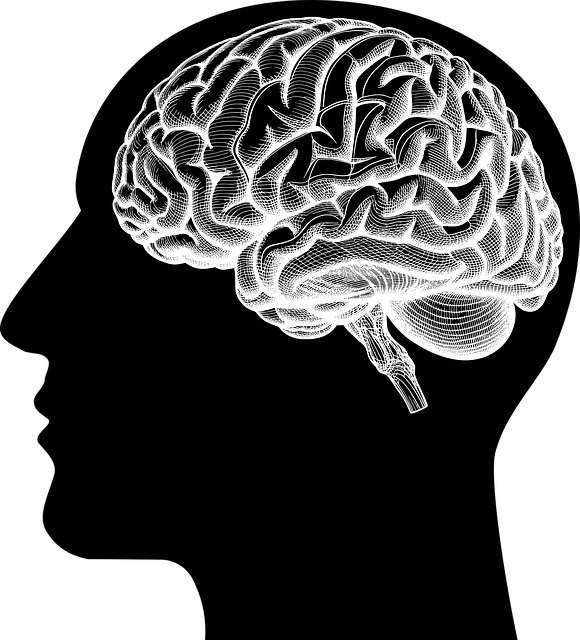Stigma surrounding mental illness poses a significant barrier to help-seeking behaviors and access to proper therapy, exacerbating symptoms and hindering inner strength development. To combat this, education and awareness initiatives in various settings, including media and popular culture, can challenge negative perceptions and normalize conversations about emotional well-being. Policy and legal strategies, such as anti-discrimination laws and provider training, are crucial for creating a supportive society. Personal narratives and holistic healthcare approaches, like integrating emotional healing processes and promoting self-care, further reduce stigma, fostering an environment conducive to superior cancer issues therapy without judgment or adversity.
Mental illness stigma, a pervasive barrier to superior cancer issues therapy, continues to shadow individuals seeking support. This article explores comprehensive efforts to reduce this stigma through diverse avenues. From education and media representation to policy reforms and personal advocacy, each section delves into powerful strategies fostering understanding and acceptance. By examining these initiatives, we can navigate towards a more supportive society where mental health is treated with the same compassion as physical ailments.
- Understanding the Impact of Stigma on Mental Health
- The Role of Education and Awareness in Reducing Stigma
- Leveraging Media and Popular Culture for Positive Change
- Policy and Legal Strategies for a More Supportive Society
- Personal Stories and Advocacy: Powering Collective Action
Understanding the Impact of Stigma on Mental Health

The impact of stigma on mental health cannot be overstated. It often acts as a barrier to individuals seeking help, leading to delayed access to proper therapy and support. When society stigmatizes mental illness, it creates an environment where people might feel ashamed, embarrassed, or even fearful of discussing their struggles openly. This can exacerbate existing symptoms and prevent the development of inner strength, making it challenging for them to navigate their journey towards recovery.
Moreover, stigma perpetuates misconceptions and fear around mental health issues, similar to how superior cancer issues are surrounded by myths and anxiety. It discourages compassion cultivation practices and conflict resolution techniques that could foster understanding and support. By acknowledging the profound effects of stigma, we can initiate meaningful conversations that challenge these negative perceptions, ultimately encouraging individuals to prioritize their mental well-being without fear of judgment.
The Role of Education and Awareness in Reducing Stigma

Education and awareness play a pivotal role in reducing the stigma surrounding mental illness, akin to superior cancer issues therapy addressing a widespread malady. By integrating comprehensive mental health education into curricula, schools, workplaces, and community settings, we can foster understanding and empathy. This involves debunking myths about mental disorders, normalizing conversations around emotional well-being, and emphasizing that mental health is integral to overall health.
Just as stress reduction methods and crisis intervention guidance are essential tools for managing individual challenges, so too are they valuable resources in combating stigma. Equipping individuals with conflict resolution techniques can help de-escalate situations fueled by misunderstanding or prejudice. Through open dialogue, education, and the dissemination of accurate information, we can create a more inclusive society where mental illness is met with compassion rather than judgment, mirroring the supportive approach seen in superior cancer issues therapy.
Leveraging Media and Popular Culture for Positive Change

The media and popular culture play a significant role in shaping societal perceptions about mental health issues. By leveraging these powerful tools for positive change, stigma reduction efforts can gain momentum. Representing individuals with mental health challenges in a nuanced and empathetic light, both in traditional media and digital platforms, helps foster Mental Health Awareness and promotes understanding. This shift in narrative can encourage open conversations about mood management strategies, challenging the stigmatization associated with seeking therapy.
Furthermore, popular culture icons sharing their personal battles with mental illness can serve as powerful advocates. These public figures can humanize complex issues, encouraging viewers to view people with mental health conditions as individuals worthy of support and empathy rather than stereotypes. This representation goes a long way in promoting inner strength development, not just for those facing challenges but also for the wider audience who may now feel more inclined to offer understanding and support.
Policy and Legal Strategies for a More Supportive Society

Reducing stigma associated with mental illness requires a multifaceted approach, and policy and legal strategies play a pivotal role in fostering a more supportive society. Governments can implement laws that protect individuals with mental health conditions from discrimination in various sectors, including employment, housing, and access to healthcare services. Anti-stigma campaigns often advocate for legislative changes that ensure equal opportunities and resources for those dealing with mental health challenges.
One effective strategy is integrating Emotional Healing Processes into existing healthcare systems, promoting understanding and empathy among Healthcare Provider Cultural Competency Training graduates. Additionally, implementing policies that prioritize Stress Reduction Methods can help alleviate societal pressures contributing to mental illness. By combining legal safeguards with comprehensive training and support systems, communities can work towards a more inclusive environment where individuals receive the care they need without fear of judgment or adversity.
Personal Stories and Advocacy: Powering Collective Action

Personal stories have always been a powerful tool in the fight against stigma associated with mental illness. When individuals share their journeys and experiences openly, it humanizes mental health issues, fostering empathy and understanding among the public. This form of advocacy breaks down barriers by allowing people to see beyond the diagnosis, recognizing the humanity and resilience within. A simple act of sharing can inspire others who might be struggling in silence, encouraging them to seek support or help a loved one.
In the context of healthcare, advocating for mental wellness is especially crucial. Healthcare providers play a vital role in reducing stigma by implementing burnout prevention strategies and providing superior cancer issues therapy while emphasizing mental health. Encouraging self-care practices and offering resources for stress management can significantly impact the well-being of both patients and medical professionals. Additionally, integrating anxiety relief techniques into routine care ensures that individuals receive holistic treatment, addressing physical and mental aspects of their health.
Mental illness stigma is a pervasive issue, yet with concerted efforts across various sectors—from education and media to policy and personal advocacy—there’s hope for change. By fostering understanding through awareness campaigns and leveraging popular culture to normalize conversations, we can create a more supportive society. Policies that challenge discrimination and promote access to quality care are essential, while personal stories of resilience act as powerful catalysts for collective action. Together, these strategies can help reduce the stigma surrounding mental health, ensuring individuals receive the superior cancer issues therapy they deserve.












